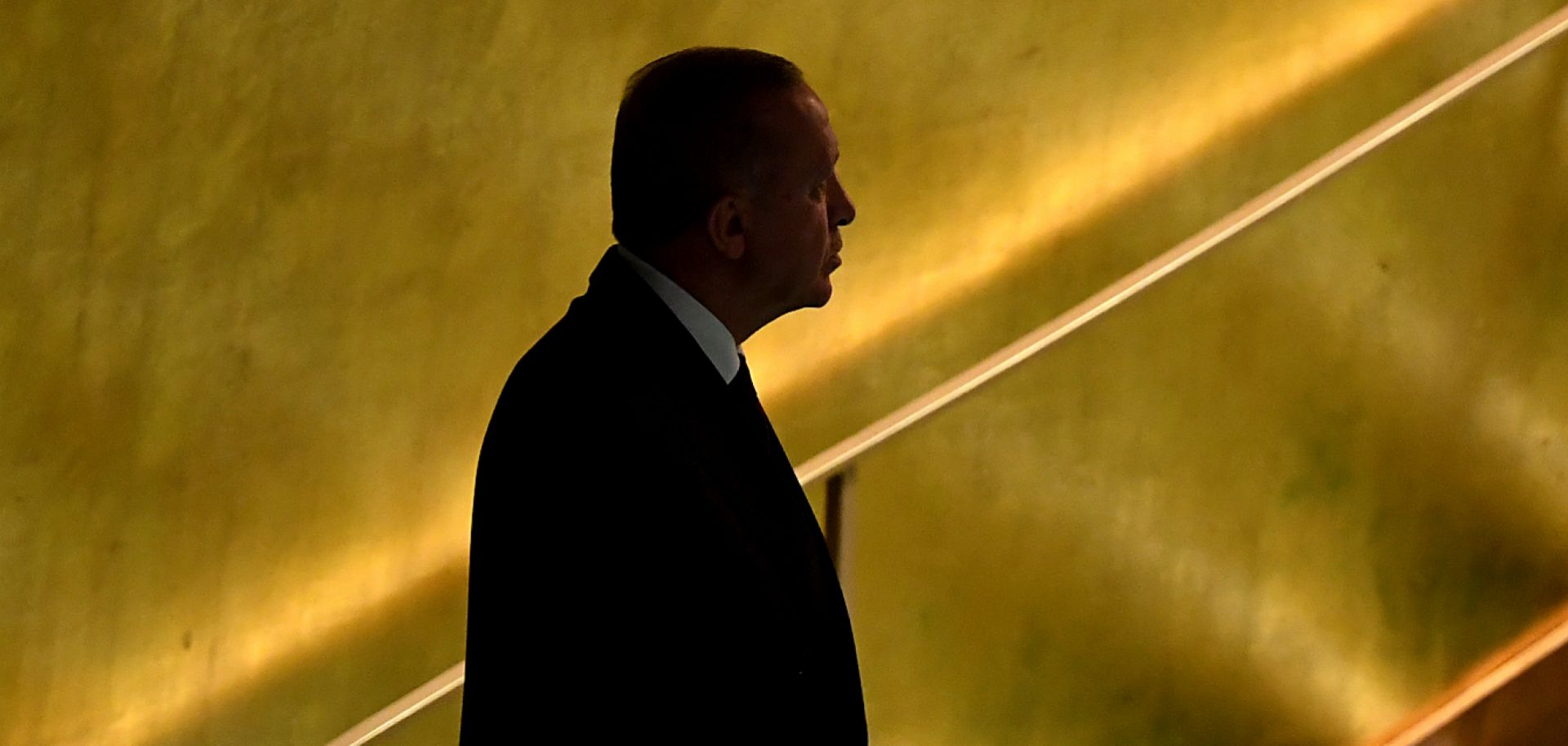To survive the next national election, Turkey’s flailing ruling party risks resorting to more authoritarian and nationalist measures, which could increase the country’s exposure to U.S. and EU sanctions in the coming years. After more than two decades in power, the popularity of Turkish President Recep Tayyip Erdogan’s Justice and Development Party (AKP) has slid to the point where its victory in the 2023 national election is not assured. As a result, the AKP and its governing ally, the ultranationalist Nationalist Movement Party (MHP), are preparing to change Turkey’s constitution to lower the electoral threshold for a party to enter parliament from 10% to likely 7% of the national vote. The AKP has also been floating various judicial, climate and economic reforms at home, while attempting to reset relations abroad with former rivals like the United Arab Emirates and Saudi Arabia to improve Turkey’s low foreign investment numbers and increase...

